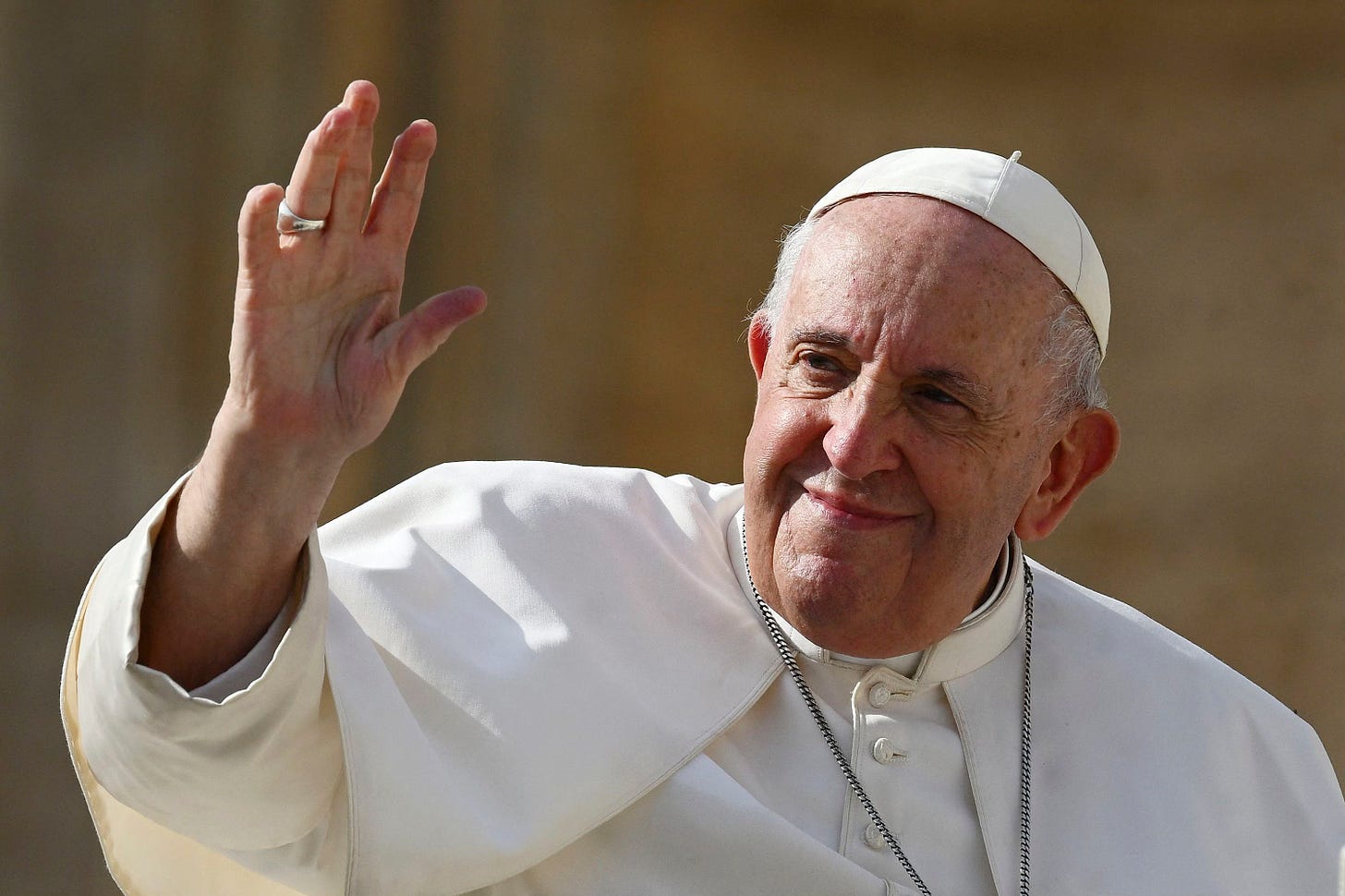Friends,
Like many of you, I was moved by Pope Francis’s moral authority. At a time when moral leadership has been in short supply in the world — when authoritarians and neofascists are pushing us into darkness — Pope Francis pointed toward the light.
He urged the world to protect and defend migrants.
In what turned out to be his final public remarks, he wrote in a papal address delivered Easter Sunday at the Vatican: “How much contempt is stirred up at times towards the vulnerable, the marginalized, and migrants! On this day, I would like all of us to hope anew and to revive our trust in others, including those who are different than ourselves, or who come from distant lands, bringing unfamiliar customs, ways of life and ideas!”
In February, Francis decried Trump’s deportations of people fleeing hardship as a violation of the “dignity of many men and women, and of entire families.” In an open letter to American bishops, Francis wrote that he had “followed closely the major crisis that is taking place in the United States with the initiation of a program of mass deportations,” adding that any policy built on force “begins badly and will end badly.”
During the first Trump administration, Francis criticized the separation of migrant families.
He also focused on Gaza.
As recently as in Francis’s Easter Sunday remarks, he condemned violent conflict and called for a ceasefire and release of hostages in Gaza. “The light of Easter impels us to break down the barriers that create division and are fraught with grave political and economic consequences,” he wrote. “It impels us to care for one another, to increase our mutual solidarity, and to work for the integral development of each human person. Call a cease-fire.”
And he pushed for action on the climate.
Pope Francis helped spur nearly 200 nations to adopt the landmark 2015 Paris Agreement to fight climate change. That year, Francis issued the first of two papal encyclicals exhorting world leaders to take action to slow down atmospheric pollution.
His 2023 encyclical called out global leaders for not acting quickly enough to address rising temperatures and protect nature. In it, he said “the world in which we live is collapsing and may be nearing the breaking point. In addition to this possibility, it is indubitable that the impact of climate change will increasingly prejudice the lives and families of many persons.”
Migrants, Gaza, the climate. He was much more than these three issues, of course, but his moral authority demanded caring attention to them, at a time when so-called leaders — such as the person who now inhabits the White House — would rather deploy brutality.
Pope Francis, rest in peace.
From Robert Reich via this RSS feed



